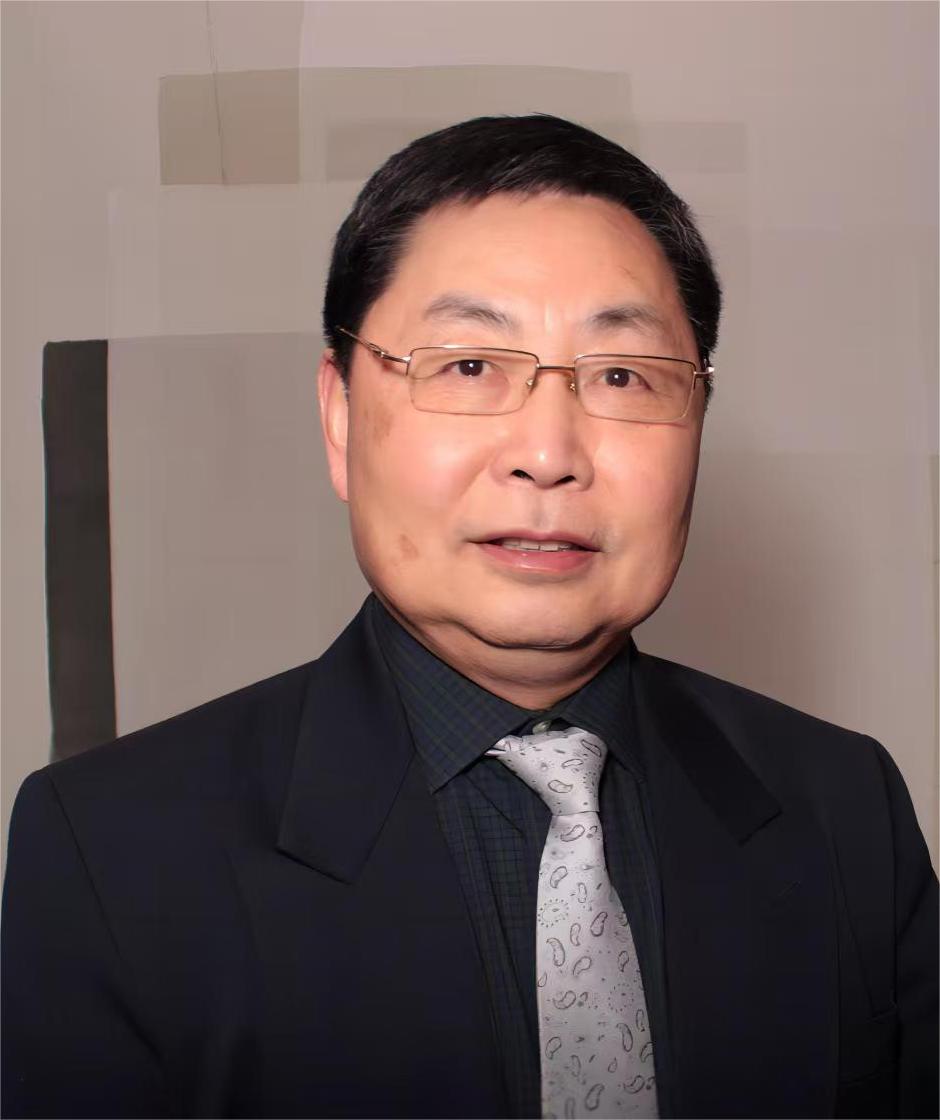

Computational Control Framework for Motion and Vibration Control using Computational Mechanics Approach
计算控制-一种基于计算力学的刚柔耦合系统运动与振动控制新方法

Accurate control of spacecraft position and orientation, particularly for those with flexible structures like tethers, solar panels, and booms, is crucial for mission success. Such task typically requires trained experts with specialized knowledge in control systems. One wonders if feedback laws can be algorithmically synthesized to control the complex coupled rigid-flexible dynamics of spacecraft structures, or more broadly, dynamic systems with infinite degrees of freedom, analogous to how the finite element method (FEM) solves physical problems in modern engineering. Currently, the field of control offers no definitive answer to this challenge. This talk will present our recent efforts to bridge this gap by developing a model-based computational control framework to algorithmically synthesize stable feedback laws for dynamic systems with flexible bodies governed by Hamiltonian mechanics and elasticity in a manner analogous to FEM. This approach leverages Lyapunov stability theory, Hamiltonian mechanics, and computational solid mechanics. The key innovation is the synthesis of feedback control laws in each finite element, rather than piecewise in discretized regions in the state space, i.e., employing a piecewise affine local control Lyapunov function and Sontag’s universal formula to ensure local stability in each element. Control inputs are derived in the element and assigned to element nodes, with elements receiving null inputs if no actuators are present within elements. The global feedback law is formed using standard FEM assembly, ensuring stability and controllability through the Popov-Belevitch-Hautus criterion and Lyapunov’s composition method. The discretized control laws are then integrated with existing FEM programs, simplifying nonlinear feedback control for engineers. In addition, a model-based computational optimal control framework is also presented for flexible systems based on Pontryagin's maximum principle. Numerical examples show these two methods are very effective.

朱正宏博士是WilliamHill中文官方网站工程力学系杰出校友,目前是加拿大约克大学教授,约克大学空间机器人与人工智能一级研究讲座教授,制造技术与创业中心联合创始主任,及空间工程实验室创始主任。他是国际宇航科学院院士,加拿大工程院院士,加拿大皇家学会学院成员,以及多家学会会士,包括加拿大机械工程学会、美国机械工程学会及美国航空航天学会。担任国际权威期刊《宇航学报》(Acta Astronautica) 主编。
朱教授专注于航天器动力学与控制、系留空间系统、自主空间机器人、计算控制及太空增材制造。他曾任约克大学研究共享中心首任学术主任及机械工程系主任,并领导拥有超过1500万加元设施的空间工程实验室。
朱教授获多项重要奖项,包括加拿大机械工程学会2024年固体力学奖章、2021年罗伯特·W·安格斯奖章,安大略工程师协会2024年金奖及2019年工程研发奖章,以及2021年约克大学校长研究卓越奖。他已发表223篇期刊论文及183篇会议论文。